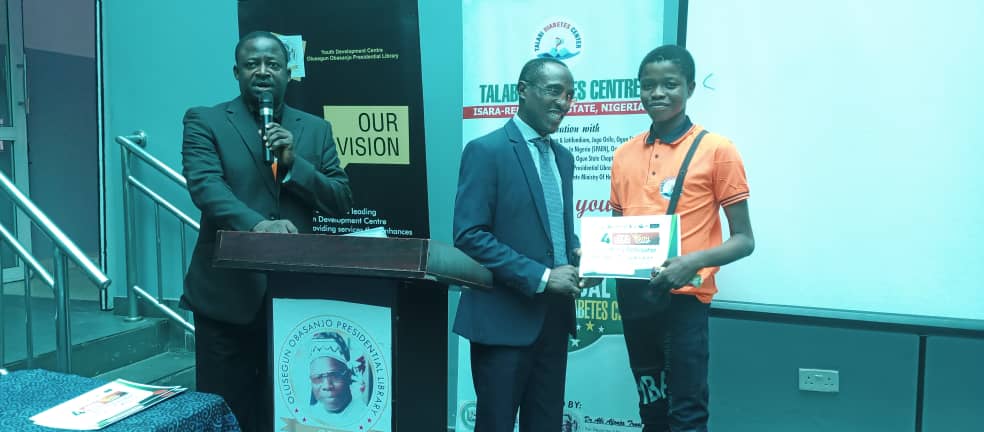
Urgent action is required to address the escalating costs of diabetes drugs in Nigeria, which is placing a significant financial strain on patients, according to Dr. Olubiyi Adeshina, an Endocrinologist at the Federal Medical Centre in Abeokuta, Ogun State.
During the closing ceremony of the 4th Annual Ogun Youth Diabetes Camp at the Youth Development Centre, Olusegun Obasanjo Presidential Library in Abeokuta, Adeshina highlighted the current dilemma faced by individuals with diabetes in Nigeria, where monthly medication expenses now range from N70,000 to N100,000.
Adeshina pointed out that the recent devaluation of the Naira has led to a substantial increase in the cost of insulin, with prices skyrocketing from around N6,000-N8,000 to N13,000-N18,000, depending on the required dosage.
“Affording insulin has become a major challenge in Nigeria. In contrast, diabetes patients in neighboring countries like Egypt, Cameroon, Ghana, and South Africa receive insulin, blood sugar monitoring devices, and glucometers at no cost,” remarked Adeshina.
At the event, participants also shared the obstacles they encounter while living with Type 1 diabetes in Nigeria, including the necessity for multiple daily insulin injections, the escalating cost of insulin pens averaging N18,000 each, and the discrimination they face in educational institutions from teachers and peers.
Adeshina has called for immediate government intervention to ensure the affordability and availability of diabetes medication.
“The government must assess the accessibility and affordability of medications,” emphasized Adeshina.
The plea for action comes at a time when many Nigerians are grappling with the heightened cost of living.
In a statement delivered by Adeshina, Ayotunde Ale, the Acting Director of the Talabi Diabetes Centre, stressed the significance of effectively managing Type 1 diabetes, labelling it as a chronic condition instigated by the immune system attacking insulin-producing cells in the pancreas.
Ale underscored the critical need for meticulous management to avert severe complications such as kidney failure, blindness, and potentially death.
He emphasized the grave consequences of missing even a single day of insulin injections, which could lead to a coma within three days.
“We have 36 young individuals aged 10 to 25 living with Type 1 diabetes, accompanied by their caregivers from various Nigerian states. This year, 15 new participants joined, reflecting the progress we are making. It’s vital to equip these youngsters with the necessary skills for a fulfilling life,” Ale remarked.
